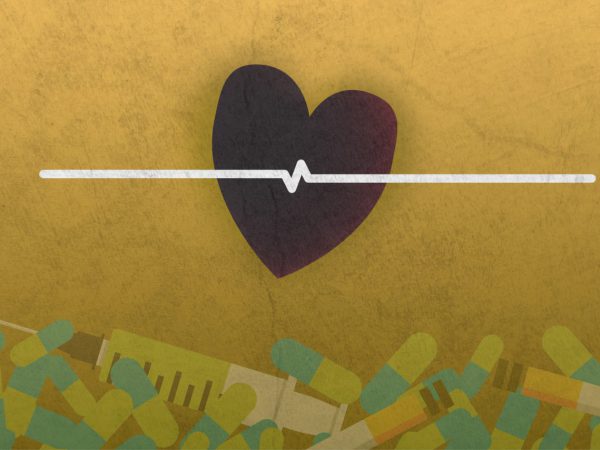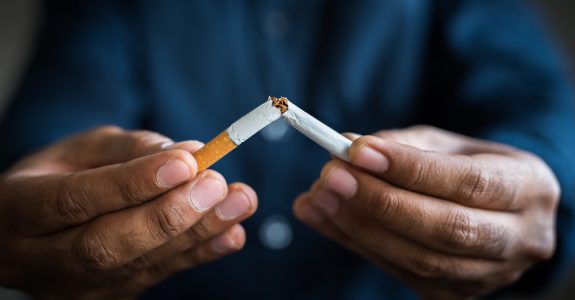Claire Fiddian-Green is the President & CEO of the Richard M. Fairbanks Foundation.
Earlier this week, the Richard M. Fairbanks Foundation released two reports showing that in 2017, the opioid and tobacco epidemics claimed more than 14,200 Hoosier lives and cost our state $12.6 billion in healthcare costs, lost productivity and economic damages.
These reports provide an update from the 2016 analyses the Foundation commissioned on Indiana’s opioid and tobacco challenges. While positive steps have been taken to address both health crises, the dynamic nature of the opioid epidemic and the stubborn persistence of tobacco mean more work must be done to make meaningful progress.
Everyone – including employers, healthcare leaders, policymakers, K-12 schools and colleges and universities – must be part of the solution, and there are key steps we can all take to make a difference. Summary recommendations for each of these stakeholder groups to help address both epidemics are available on our website.
To download the reports, executive summaries, and recommended actions for each stakeholder group, please visit rmff.org/insights/research-reports.
All Hoosiers must realize the urgency and work together to address these two addiction crises. We look forward to partnering with you in this effort.
Tagged in: Claire Fiddian-Green, Indiana, Marion County, Opioids, Research, リチャード・M・フェアバンクス財団, Tobacco



